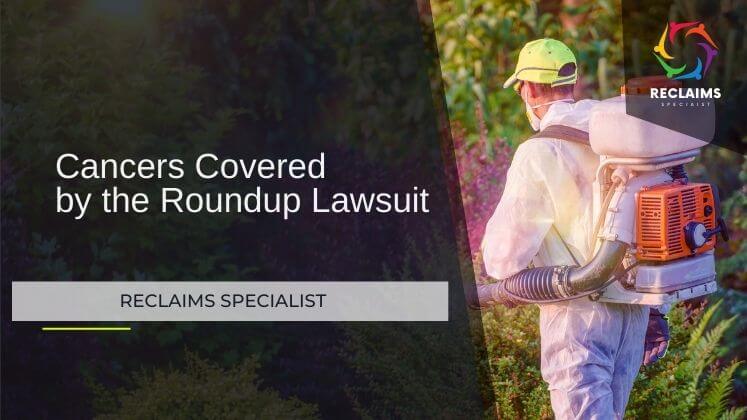One of the critical questions regarding the Roundup lawsuit is which cancers are included. Several cancer types have been linked to glyphosate exposure, with non-Hodgkin lymphoma being the most prominent.
Non-Hodgkin Lymphoma
Non-Hodgkin lymphoma is a cancer that affects the lymphatic system. Studies have shown a correlation between glyphosate exposure and an increased risk of developing this cancer.
Multiple Myeloma
Multiple myeloma is another cancer covered by the Roundup lawsuit. Research has indicated that exposure to glyphosate may contribute to the development of this type of cancer.
Leukemia
Leukemia, a cancer of the blood and bone marrow, has also been associated with glyphosate exposure. Individuals diagnosed with leukemia may be eligible for the lawsuit.
Other Cancers Linked to Roundup
Apart from the aforementioned cancers, there is ongoing research into the potential link between glyphosate and other cancer types, such as bladder cancer, brain cancer, and lung cancer.
The Impact on Health
Understanding the impact of Roundup exposure on health is crucial, both in the short-term and long-term.
Short-Term Effects
Short-term effects of Roundup exposure can include skin irritation, eye irritation, and respiratory issues. These are often experienced by those who handle the herbicide directly.
Long-Term Consequences
The long-term consequences are more severe, as they involve the development of cancer. The Roundup lawsuit aims to provide compensation to those who have suffered such consequences.
Seeking Compensation
If you believe that Roundup exposure has affected your health and you meet the eligibility criteria, you may be wondering how to seek compensation.
Legal Options
You have legal options, including joining an existing class-action lawsuit or filing an individual lawsuit. Consulting with an attorney experienced in Roundup cases is advisable to explore the best course of action.
Compensation and Settlements
Compensation in Roundup lawsuits can cover medical expenses, lost wages, pain and suffering, and more. Many cases are resolved through settlements, providing plaintiffs with financial relief.
Conclusion
The Roundup lawsuit encompasses several cancer types, with non-Hodgkin lymphoma, multiple myeloma, leukemia, and potentially others being included. If you believe you have been affected by Roundup exposure, it’s essential to explore your legal options and seek compensation for the impact on your health.
Frequently Asked Questions
-
- Is there a proven link between Roundup and cancer?Yes, studies have suggested a link between glyphosate exposure in Roundup and various cancers, including non-Hodgkin lymphoma and multiple myeloma.
-
- How can I determine if I am eligible to join the Roundup lawsuit?Eligibility criteria vary, but generally, you must have a confirmed cancer diagnosis and a history of Roundup use. Consulting with an attorney is the best way to assess your eligibility.
-
- What types of compensation can I receive from the Roundup lawsuit?Compensation can include medical expenses, lost wages, pain and suffering, and more, depending on your specific case and settlement negotiations.
-
- Are there ongoing studies regarding Roundup’s impact on health?Yes, research into the health effects of glyphosate exposure continues, including potential links to other cancer types.
- How long does it take to resolve a Roundup lawsuit?The duration varies, but many cases are resolved through settlements, which can expedite the process. Going to trial may take longer.



